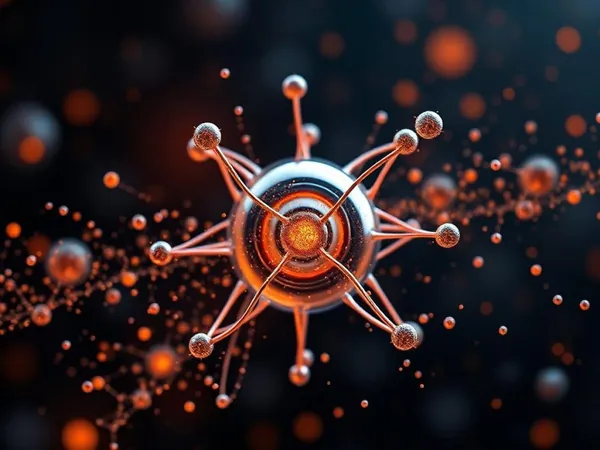
Catastrophic Impact of Cyclone Chido: Mayotte Faces Water Crisis and Rising Death Toll
2024-12-18
Author: Jia
Introduction
The situation in Mayotte has reached a critical point as tens of thousands remain without fresh water following the devastating impact of Cyclone Chido. This natural disaster has not only caused widespread destruction but has also prompted the French Indian Ocean territory to impose a curfew in an effort to prevent looting.
Death Toll and Public Health Concerns
According to preliminary reports from France's interior ministry, the current death toll stands at 22, but officials are bracing for a surge in numbers, with estimates suggesting the final figure could reach into the thousands. Public health experts are on high alert, fearing an outbreak of infectious diseases due to the severe shortage of clean drinking water and the rationing of supplies in local stores.
Desperate Measures for Water
In a desperate attempt to secure water, many residents are flocking to what few stores remain open. "Everyone is rushing to the stores for water. There is a general shortage," said Ali Ahmidi Youssouf, a local resident, highlighting the urgency of the situation.
Efforts to Restore Water Supply
Authorities have prioritized restoring damaged water facilities, and as of Wednesday, they announced that water systems had been partially restored, aiming to have 50% of the population with access by the end of the day. In response to the crisis, the French government is set to distribute 120 tonnes of food on Wednesday, with President Emmanuel Macron planning a visit to the territory on Thursday to assess the situation firsthand.
Power Outages and Safety Concerns
Complicating rescue efforts, half of Mayotte remains without power, and the newly enacted curfew mandates a six-hour lockdown overnight. Mamoudzou’s mayor, Ambdilwahedou Soumaila, expressed concern over safety during the nighttime hours. "When night falls, there are people who take advantage of that situation," he warned.
The Severity of Cyclone Chido
Cyclone Chido has been labeled the worst storm to strike the island in 90 years, unleashing wind speeds exceeding 225 km/h (140 mph). The cyclone has wreaked havoc on the island’s infrastructure, flattening homes, particularly those made of sheet metal in impoverished neighborhoods. Witnesses described the terror of the storm, with roofs "flying away as if they were pieces of paper."
Ongoing Rescue Operations
Rescue teams are actively searching through the debris for survivors while clearing roads blocked by fallen trees and rubble. Residents living in houses that were minimally affected worked to temporarily secure their roofs, showing resilience amid chaos.
Demographics and Vulnerability
Mayotte has been identified as one of France's poorest territories, with many residents living in makeshift housing. The cyclone’s devastating effects are exacerbated by the fact that the territory's official population is estimated at 320,000, but many believe there could be an additional 100,000 to 200,000 undocumented migrants living in the region.
Casualty Reports and Government Response
Casualty reports continue to rise, with recent figures indicating over 1,373 injured, including about 200 critically wounded individuals. Newly appointed Prime Minister François Bayrou conveyed the gravity of the disaster to the parliament, stating, "I have never seen a disaster of this magnitude on national soil," as he offered sympathy for the children and families affected.
International Aid and Relief Efforts
The French government is mounting a significant relief effort, with supplies being flown in from Reunion Island, including food and support services. A French navy vessel is slated to arrive in Mayotte shortly, carrying 180 tonnes of relief supplies to further support those impacted by this catastrophic event.
Conclusion
As the recovery process begins, the international community is urged to lend support to the residents of Mayotte during this dire time, as they grapple with the ongoing humanitarian crisis.




 Brasil (PT)
Brasil (PT)
 Canada (EN)
Canada (EN)
 Chile (ES)
Chile (ES)
 España (ES)
España (ES)
 France (FR)
France (FR)
 Hong Kong (EN)
Hong Kong (EN)
 Italia (IT)
Italia (IT)
 日本 (JA)
日本 (JA)
 Magyarország (HU)
Magyarország (HU)
 Norge (NO)
Norge (NO)
 Polska (PL)
Polska (PL)
 Schweiz (DE)
Schweiz (DE)
 Singapore (EN)
Singapore (EN)
 Sverige (SV)
Sverige (SV)
 Suomi (FI)
Suomi (FI)
 Türkiye (TR)
Türkiye (TR)